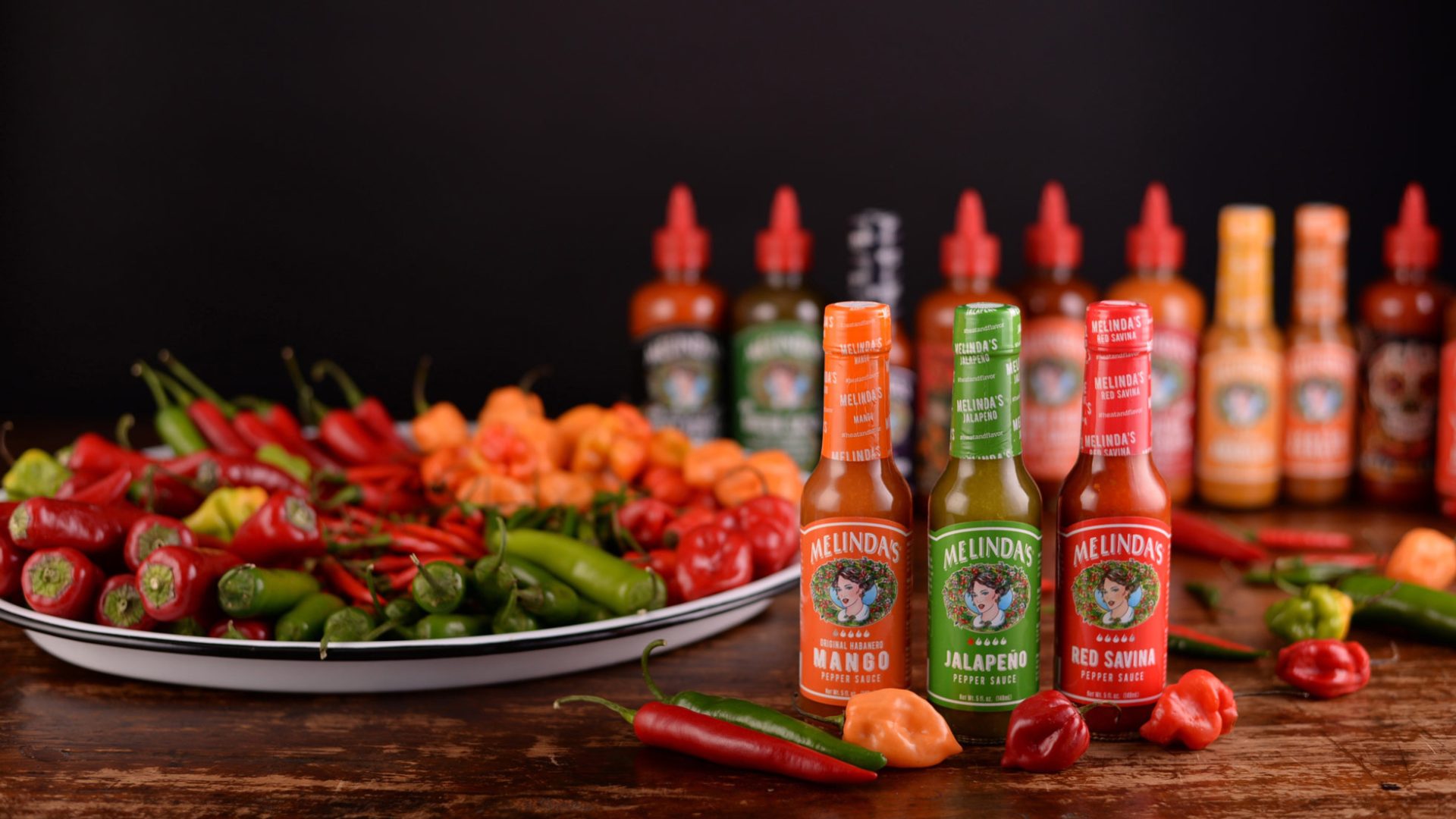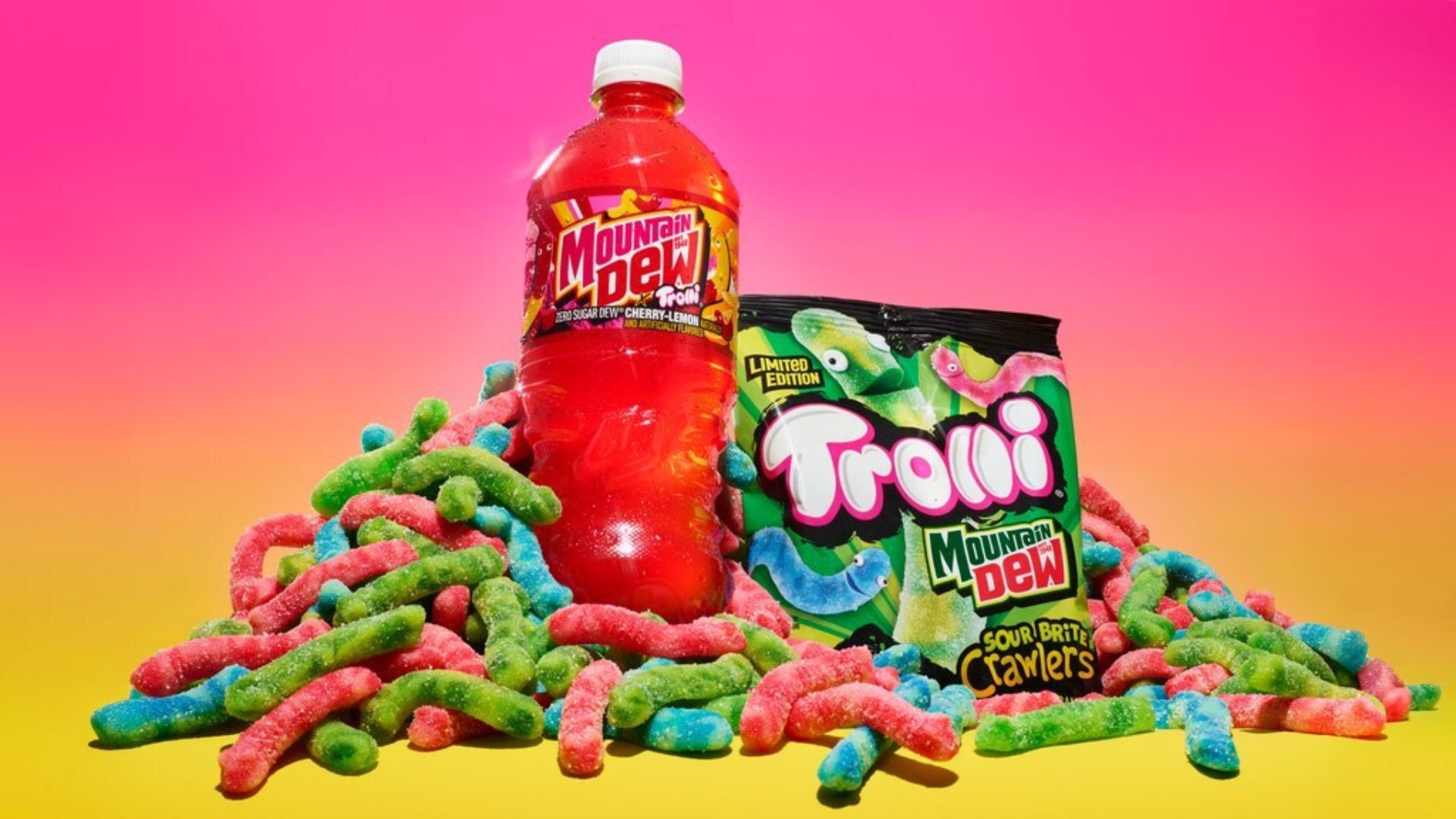Sam Cutler has nearly 250,000 Instagram followers. That didn’t happen by accident. Cutler – founder of the MINDFULL holistic wellness platform – has become a popular influencer due in large part to the transparent nature of her social media posts.
“I’ve been in the influencer space for over 10 years,” Cutler told The Food Institute. “Ten years ago … I was struggling with chronic health issues, trying to heal my body through lifestyle changes, and it often felt isolating. There weren’t many people talking openly about these things back then.
“I started sharing my journey online,” she added. “I quickly realized how powerful it was to build trust through authentic storytelling. People weren’t just following me; they were joining me, sharing their own experiences.”
Cutler’s social posts often appear to be effortless. But looks can be deceiving. Many of her video shorts are carefully crafted in a manner that benefits both her and the brand she’s promoting.
“From my perspective, as both an influencer and now a brand founder,” Cutler said, “the most impactful influencers are those who can naturally integrate a product into their personal history.”
Influencer marketing runs in the family for Cutler, whose husband, Trevor Mengel, is the founder of Cloutdesk, a tech platform designed for marketing agencies to manage high-level influencer campaigns. In his opinion, it’s imperative for brands to carefully consider the fit between their business and a potential influencer partner.
“Brands should first assess audience alignment – does the influencer’s following match your target demographic?” Mengel said. He also suggested that brands “analyze engagement metrics beyond follower count, such as meaningful comments and interactions, to ensure their audience is active and invested.”
Those are just a few of the key strategies that can help a brand get the best ROI possible when partnering with an influencer. Let’s examine further:
Authentic Storytelling
Cutler feels influencers’ messages must appear honest and natural. Authentic storytelling tends to create a deeper connection between an influencer and their audience, making their recommendation feel genuine rather than transactional.
“Storytelling drives community building, which leads to trust and long-term loyalty – key factors in turning audiences into repeat customers,” Cutler said.
Proven Engagement
Businesses looking to partner with a social media influencer should seek those who have successfully sold their own products or services – whether that be a tangible product, a membership, or even growing an email list. That demonstrates the influencer’s ability to build strong relationships with their audience and effectively inspire action, Cutler said.
Quality Over Quantity
Cutler, who is active on social media platforms like TikTok and Facebook in addition to Instagram, feels an influencer with a smaller, yet highly engaged audience often delivers better results than one with a massive but disconnected following.
“It’s about the trust and relationship the influencer has with their community, not just the numbers,” the influencer said.
Long-term Partnerships
One-off social media posts rarely achieve the full potential of influencer marketing. By partnering with creators over a long period, brands can consistently reach larger portions of an influencer’s audience, Cutler noted.
“Not every post will be shown to the entire audience, but repeated exposure helps convert a significant segment of their followers while embedding your brand into the creator’s lifestyle,” the influencer explained. “This builds a more authentic association between the influencer and your product, making your brand a natural part of their identity.”
Creative Freedom
Influencers who have thousands of followers, like Cutler, are trusted by their audiences due to their expertise at creating content that resonates. They must be granted some creative license by their business partners.
“If a brand tries to overly control the influencer’s creative process, the message can come off as inauthentic and fail to connect,” Cutler said. “Letting influencers showcase your product in their own voice and style is essential for success.”
First and foremost, effective influencer marketing entails making a connection.
“It’s about telling a story people see themselves in,” Cutler said, “and offering solutions that actually make an impact in their lives.”
The Food Institute Podcast
Is it possible to balance a legacy brand and innovative ideas for a food company? Bibie Wu, chief communications and technical development officer with Del Monte, shares how her company respects its past while looking to the future, and how her dual roles in marketing and product development inform each other and improve the company.











